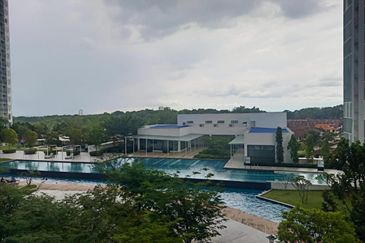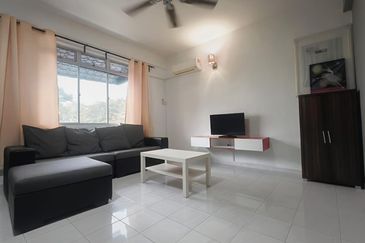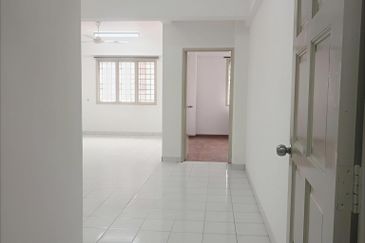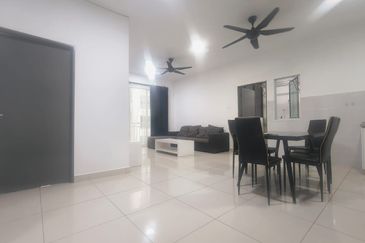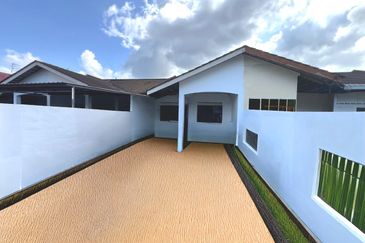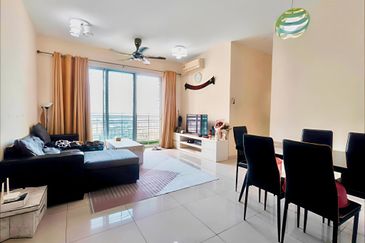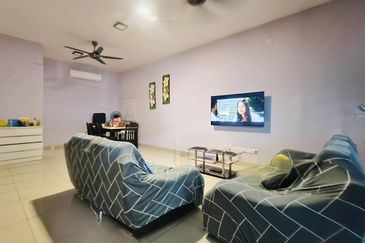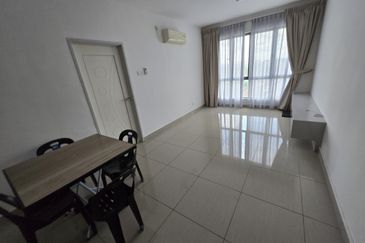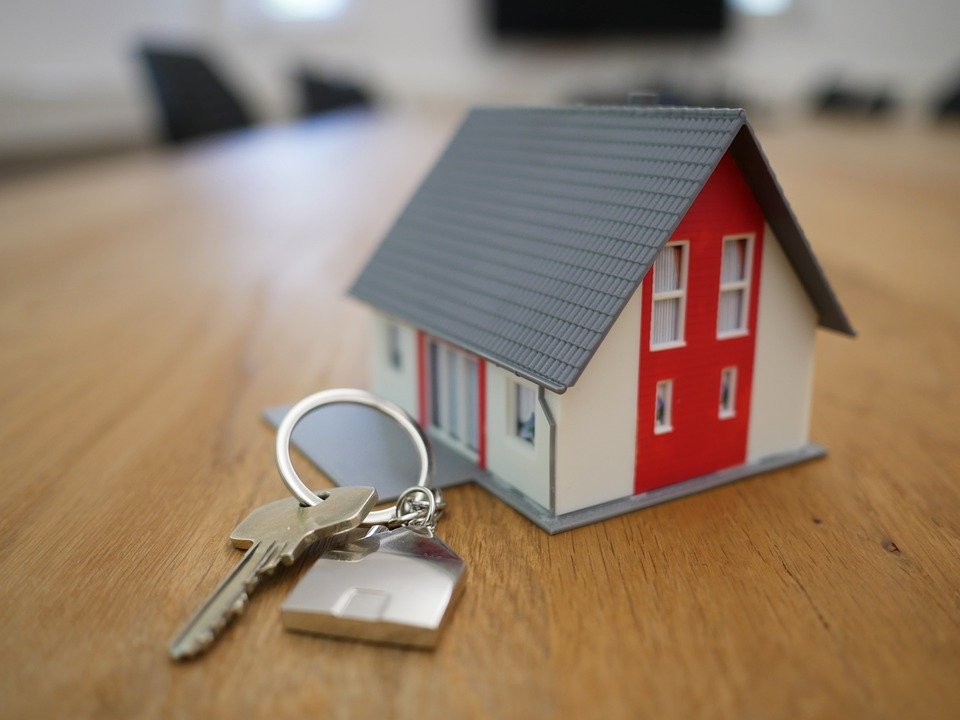
- Before you even think of purchasing a house, be sure to find out if you can afford it.
If you’re a 90’s kid, you are at the prime age where you see your peers on a steady climb in their career ladders, settling down or perhaps even buying properties.
Don’t panic – there’s no specific age for you to become a first-home buyer. What’s important is having knowledge on the topic (and of course, the budget). Next thing you know, you’ll be owning a house before 30!
The best way to learn? From others who have experienced it. To get you started, we’ve interviewed four people who have successfully owned a home in their 20’s.
Let’s jump in!
What you should know as a first-home buyer
Get to know our interviewees:
Before we get into the details, we’ll give you an overview about our interviewees!
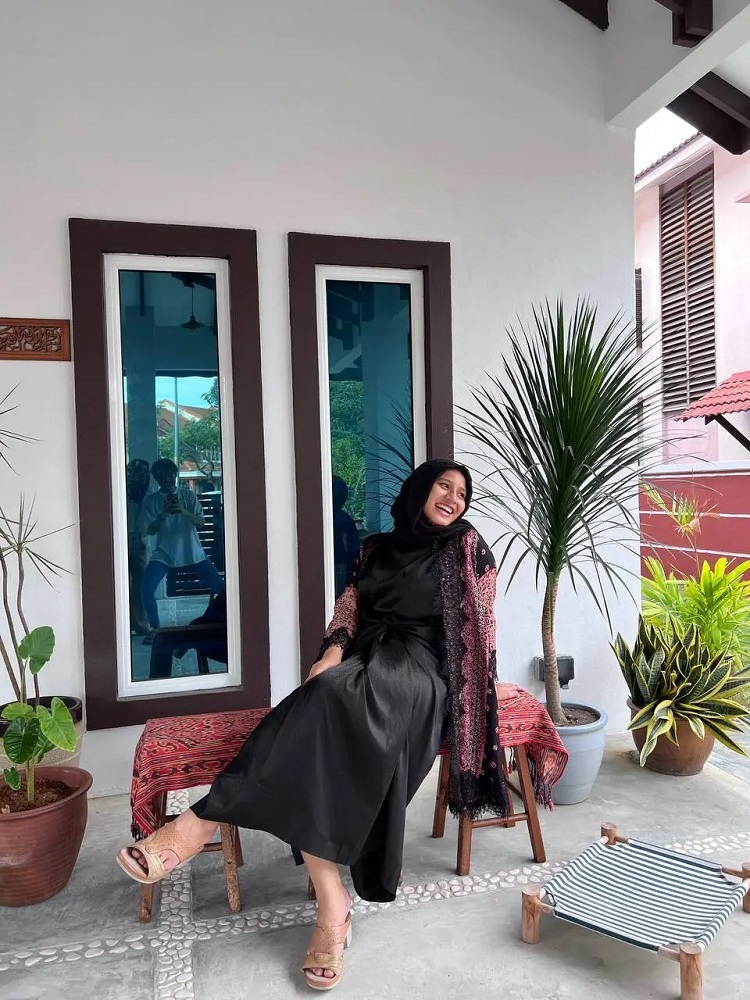
Name: Ain
Age: 27
Status: Married
Occupation: Social media team leader
Residing in: Petaling Jaya
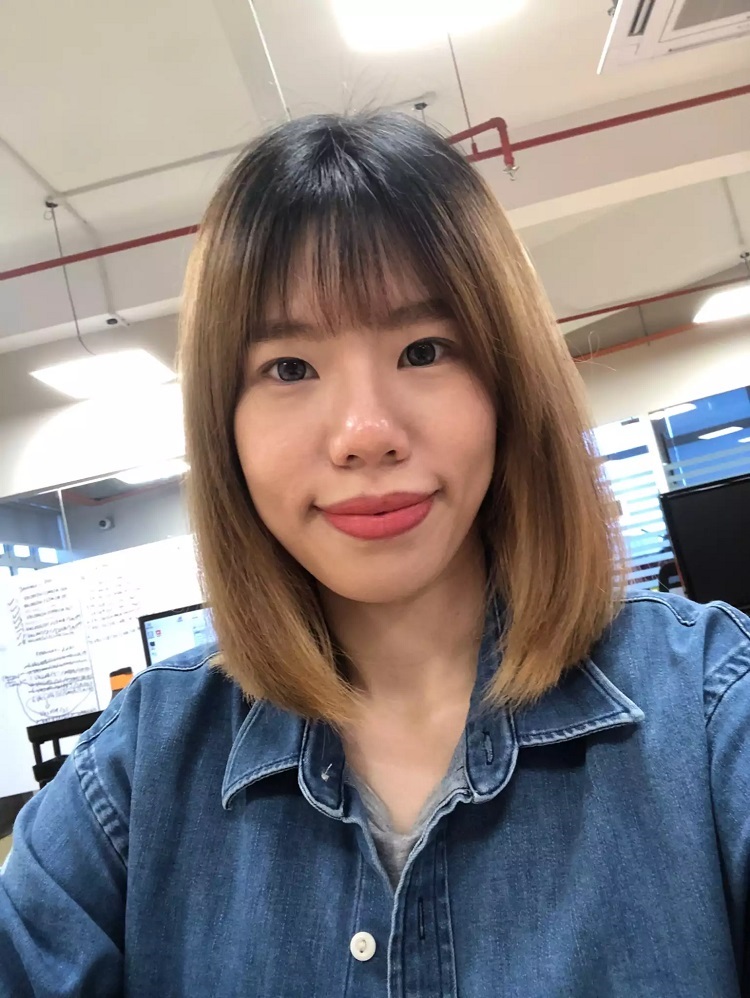
Name: Wen Wei
Age: 29
Status: Single
Occupation: Chinese copywriter
Residing in: Taman Connaught, Cheras, Kuala Lumpur
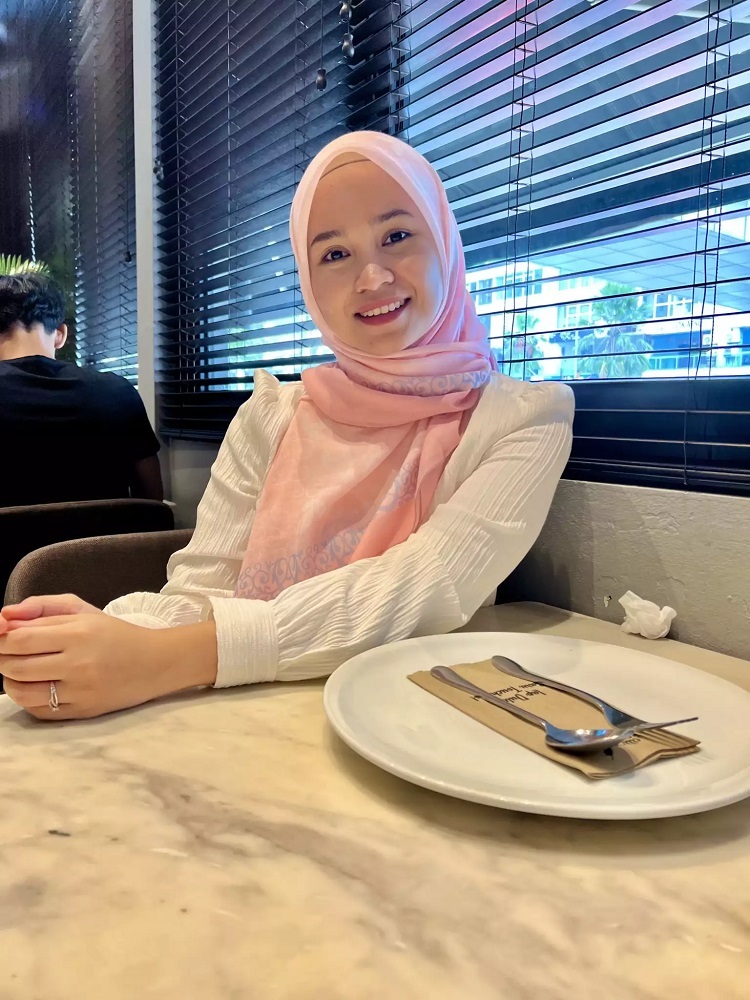
Name: Khalimah
Age: 32
Status: Married
Occupation: Project admin manager
Residing in: Ampang, KL

Name: Jasmine
Age: 29
Status: Married
Occupation: Digital marketing manager
Residing in: Kepong, KL
What’s being a first-home buyer like for Ain, Wen Wei, Khalimah and Jasmine? Let’s find out!
A. Criteria for a home

Q1: Why have you decided to buy a house? What criteria do you look into before purchasing?
1. Location and price
When it comes to property, it’s always location, location, location.
Ain: My biggest criterion is its location near the city in Damansara, and it’s reasonably priced – for this price, you’d usually get a home outside of the Klang Valley. It’s also better for me to pay for a house under my own name, rather than paying rent every month.
Plus, a home in the city for cheap? Ain is super lucky to have scored that home.
2. Government schemes
Take advantage of all the home schemes. When an opportunity falls into your lap (and you have the means to get it), grab it before it goes!
Jasmine: I purchased this home because of its affordability — it’s under the government home scheme known as Residensi Wilayah. It’s also located nearby where I currently live, a 3-bed, 2-bath home sized at 796 sq ft priced at RM198,000. My family thinks that it’s a good idea to apply for it since I fulfill the eligibility criteria.
Wen Wei: I purchased the house nearing the closing date of the Home Ownership Campaign (HOC). I wasn’t sure if the government would continue with this campaign, so I took the chance.
Why else should you buy a home? Here’s another reason…
3. Long-term investment
Khalimah: I think it’s important that everyone owns a home for stability, security and comfort. Other than it being a place to rest and enjoy family time, I also consider this home a long-term investment asset that will help me achieve financial stability.
A home is the perfect long-term investment. In the long run, we may just be able to use our property as an income source, while we enjoy the space now. It’s a win-win situation.
B. Processes involved in buying a home

Q2: What’s the process like when buying a home? Is it complicated?
1. Finding the right home
Where can you find the perfect home that suits your needs? Ain had a very creative idea.
Ain: It was quite simple. I work as a full-time marketer, so I’m familiar with social media algorithms. While I was home-hunting, I changed my algorithm to fit homebuyers, and that’s where I found a house ad, coincidentally by an IQI agent! That’s where my agent Sean Lee helped me with filling up my forms and such.
Who would’ve thought to use their social media algorithms to find a home? Perhaps you can try out this tip, even to find a car or a bike.
2. Home co-ownership
Co-owning a home can be a practical solution too! What’s the process like when another person’s name is involved?
Wen Wei: It’s not too complicated, but co-owning a house can be a bit tricky. I had to discuss with my boyfriend on certain matters, such as choosing between a smaller 2-bedroom unit and a larger 3-bedroom. It took us one to two weeks to think about it, and we finally decided on the 2-bedroom.
Do keep in mind that there will be some important decisions you’ll have to make together. Be sure to plan properly!
(Read also: Considering a joint home loan: Yes or no? What to do if I break up after purchasing a house?)
3. Preparation and planning
Purchasing a home isn’t like online shopping — it requires a lot of thought and research.
Khalimah: There are a lot of steps that are involved in homebuying, which can be a challenge for first-home buyers. But if you plan well, ask for expert advice from professionals and properly understand the process, it can be simple! It depends on your experience and how much preparation goes into your planning. Thankfully, my experience was made easier with the help of professionals.
So before you make any big decisions (that may lead to regret down the road), make sure to be prepared, and ask for professional advice when you need it!
4. Documentation
The millions of papers needed to buy a house … you might need an extra pair of hands.
Jasmine: As a first-home buyer, the process was a bit complicated for me. Since it was a government home scheme, there were a lot of documents to prepare. The legal terms such as legal fees, stamp duty, sale and purchase agreement (SPA) were confusing at first. But with my real estate agent’s help, the process was made a lot easier! He helped me a lot with my documentation and guided my homebuying journey from start to finish.
Here’s where having a good real estate agent comes in handy! But make sure you get advice from a licensed agent to avoid getting scammed.
C. Managing your finances

Q3: How did you decide on the right home price that fits your budget?
1. Calculating property affordability
Before you even think of purchasing a house, be sure to find out if you can afford it.
Jasmine: I determine the property based on how much income I earn, and I calculate how much monthly repayments I can afford. The discounts I receive from the bank for my first home also helped me gauge how much I can actually afford to pay.
Do some calculations, and see if your monthly repayments will affect your day-to-day expenses or break your bank.
2. Taking out a home loan
Unless you’re a millionnaire with tons of cash to spare, you’ll most likely need to take out a home loan.
Khalimah really did her thorough research on this one.
Khalimah: I decided to take out a home loan. You can do market research to see if you’re eligible to pay off the monthly payments by looking at homes within your desired area. You can also get a property valuation to find out what the current market prices are. It’s also important that you consider your financial capabilities, including your income, your commitments and your ability to pay off the monthly repayments. I’ve personally got advice from the bank to find out my home loan eligibility.
Besides searching on websites to find out the current market prices, you can also find out how much home loan you can get with your salary.
3. Joint home loan
How else can you save on repaying for a home? By taking a joint home loan.
Wen Wei: I’ve decided to take out a joint home loan with my boyfriend. We chose this option to lessen the burden of monthly repayments, so we agreed to share the cost of the utility bills, repayments, renovation and other fees together. If we have to sell or invest the home, the money we receive will be split into two. Simple!
Just divide the repayments into two with your co-owner. Easy and cost-efficient.
D. Things you didn’t know as a first-home buyer

Q4: What did you find out for the first time during the homebuying process (hidden fees, facts, etc)?
1. Fees and no-no’s
Maintenance fees, of course … but did you know that choosing the top floor of a condominium is a no-no?
Ain: Maintenance fees, and the downsides to choosing the topmost floor of a condominium! The house I purchased is on the top floor, and I only discovered this video from VC Estate about why you shouldn’t choose the top floor after everything was settled.
This was the video Ain was talking about:
Okay, what else besides the maintenance fees?
Khalimah: The MOT (Memorandum of Transfer) has to be borne by the buyer.
Take note of this! Buyers have to pay a fee to get the title transferred from the developer to the owner through the MOT.
Other than that, there are other fees, too.
Jasmine: There are over 200 pages in the SPA, and I have to sign every single page! We also have to pay for quit rent and parcel rent, and I had no idea what they were. We also had to pay for the MOT fee after receiving the house, which depends on the property value. There are also other extra fees other than the down payment, so make sure you have enough cash for that (and that’s not including the electric bill deposit and renovation fees yet!)
So many fees …
It’s okay, we’ve compiled a list of hidden fees you should know of, just for you, first-home buyers.
2. Housing loan insurance (MLTA and MRTA)
Did you know that there’s even insurance for your home loan? There are two that you can choose from, but don’t get them mixed up.
Wen Wei: While we were signing the loan documents, the bank told us we will take MRTA (Mortgage Reducing Term Assurance. I completely forgot that we were planning to get the MLTA (Mortgage Level Term Assurance) instead! I didn’t remember the difference between the two — I just remember being too excited. I ended up signing the MRTA. My advice to young first home buyers is, understand what you need for your home loan insurance!
First, understand the difference between MRTA and MLTA. Second: choose the best one that fits your needs. And don’t get too excited — check your documents!
E. Advice for first-home buyers

Q5: What advice would you give to first-home buyers, especially those from the younger generation?
Ain: Ask yourself these questions before you buy: (1) Can I afford the monthly payments? (2) Is it a location I want to live in? (3) Is the property a place for me to stay, or for investment? (4) Freehold or leasehold?
Wen Wei: Firstly, don’t be afraid to ask. You can’t afford to regret your decision after signing the documents! Secondly, don’t wait until you have “enough money” for your dream house — if you can afford to pay RM1,500-RM2,000 monthly (in payments + utility fees), stop thinking and just buy your house now. Lastly, and this advice is from my parents: don’t assume your first house will be your last. Try your best to settle your loans quickly, and start thinking about your second, third home, and so on. One home for stay, the others for investment; you’ll be amazed how it can help you in the future!
Khalimah: Do your homework. Find out about location, market price, surrounding safety, facilities, trusted developers, and especially your financial status. Plus, your homebuying journey will be easy as ABC if you get advice from a property professional and an experienced banker!
Jasmine: Save up! Have enough savings and buy only what you can afford. Do your research — try to find the best property or developers beforehand to avoid getting scammed. And location is key. If the home is for your own stay, don’t buy one that’s too far — otherwise it’ll be difficult for you to commute, as well as track the progress of your renovation.
Good luck, and happy homebuying!
Looking to buy a home? Sign up for EdgeProp START and get exclusive rewards and vouchers for ANY home purchase in Malaysia (primary or subsale)!
TOP PICKS BY EDGEPROP
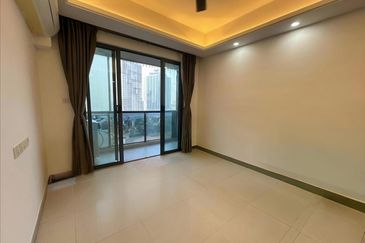
R&F Princess Cove, Tanjung Puteri
Johor Bahru, Johor

Hexa Commercial Centre
Desa Petaling, Kuala Lumpur

SKS Habitat Apartment, Larkin
Johor Bahru, Johor

S2 HEIGHTS(SEREMBAN 2)
Seremban, Negeri Sembilan
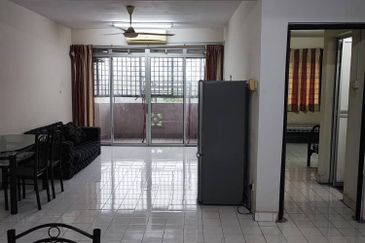
Apartment Tanjung Puteri Resort
Pasir Gudang, Johor


